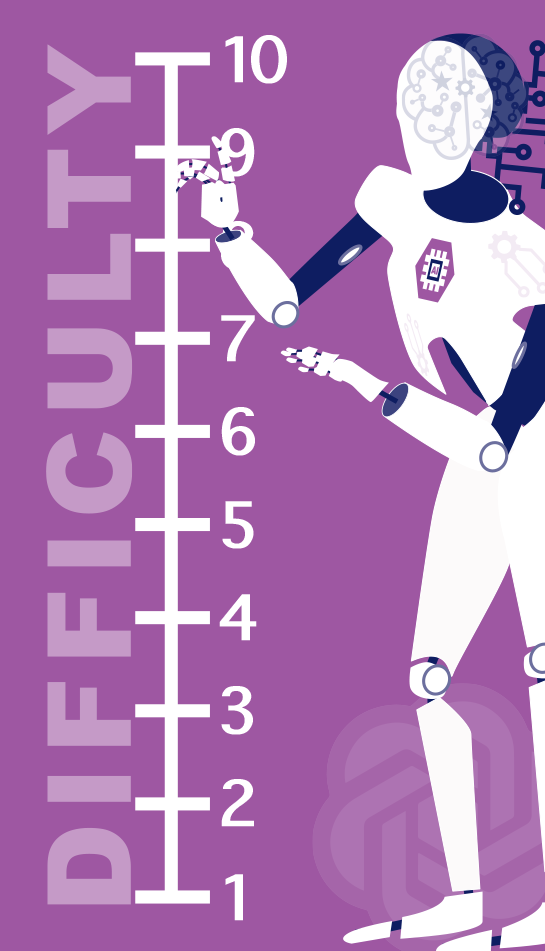Blackboard Ultra AI Design Assistant Feature: Complexity

Last year, the Blackboard Ultra AI Design Assistant introduced a “complexity” feature that allowed instructors to adjust the complexity of course materials using a simple slider control. This tool, which ranges from levels 1 to 10, corresponds with progressive educational stages from early elementary school to advanced doctoral studies. With this setting, educators have the precise control necessary to ensure the course content is appropriate for their students’ level.
In practical terms, an instructor can set the complexity to ‘1’ for a kindergarten class, ensuring the material is accessible and foundational, or they can scale up to ’10’ to challenge doctoral candidates with the depth and rigor befitting their advanced studies. Anthology emphasizes that this feature allows instructors to fine-tune educational content, emphasizing a deliberate and strategic approach to pedagogy. The gradations in complexity align with established educational benchmarks, ensuring relevance and appropriateness of material at each level.
The complexity ranges from 1-10 and matches specific educational levels:
- Early Elementary School (Grades K-2): The initial years of formal education where young children begin learning fundamental skills like reading, writing, and basic math.
- Late Elementary School (Grades 3-5): The later stage of elementary education where students continue to build on their foundational skills and explore more complex subjects.
- Early Middle School (Grades 6-7): The beginning of secondary education, marked by a transition from elementary school and introduction to more subject-specific learning.
- Late Middle School (Grades 8-9): The later part of secondary education where students further develop their academic skills before entering high school.
- Early High School (Grades 10-11): The first years of high school when students start studying more advanced subjects and preparing for higher education or careers.
- Late High School (Grade 12, AP or IB courses): The final year of high school, often involving advanced coursework and exams like AP (Advanced Placement) or IB (International Baccalaureate) before graduation.
- Undergraduate Lower Division (Freshman and Sophomore years): The initial two years of university education where students explore a variety of subjects and fulfill core requirements.
- Undergraduate Upper Division (Junior and Senior years): The latter two years of university education focused on more specialized courses and often involving independent research or projects.
- Graduate Level (Master’s and early PhD coursework): Advanced studies beyond a bachelor’s degree, encompassing coursework and research leading to a master’s degree or initial stages of a PhD.
- Advanced PhD Level (Dissertation research, specialized topics): The highest level of academic pursuit involving in-depth research, specialized studies, and the completion of a doctoral dissertation.
The “Complexity” feature of Blackboard Ultra’s AI Design Assistant empowers instructors to tailor their course content to the exact educational requirements of their students. This tool demonstrates the potential for technology to enhance the educational process, offering a straightforward method for adapting learning materials to suit various academic levels. For help with this tool or with help converting your course to Blackboard Ultra, please email LTS@uic.edu.